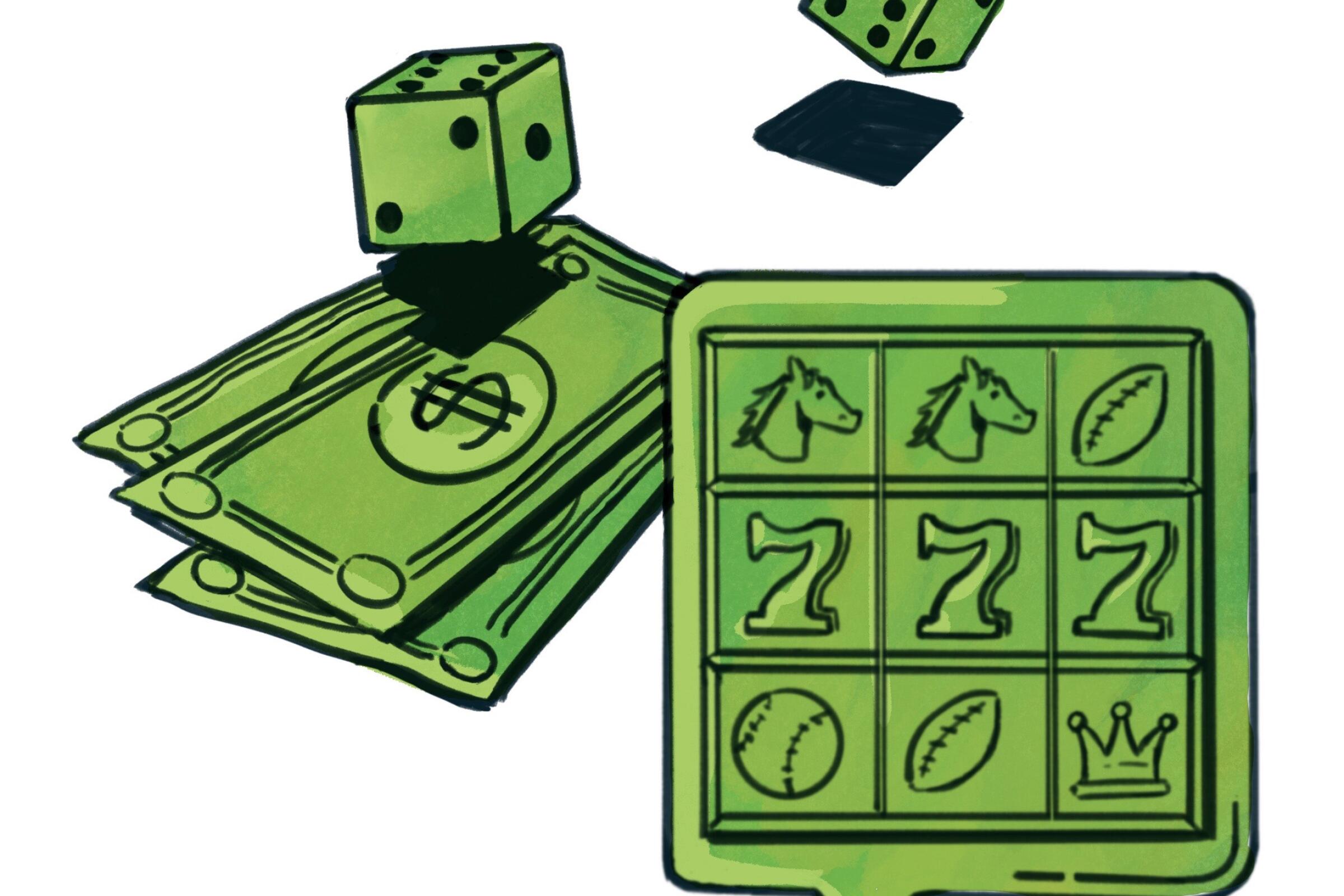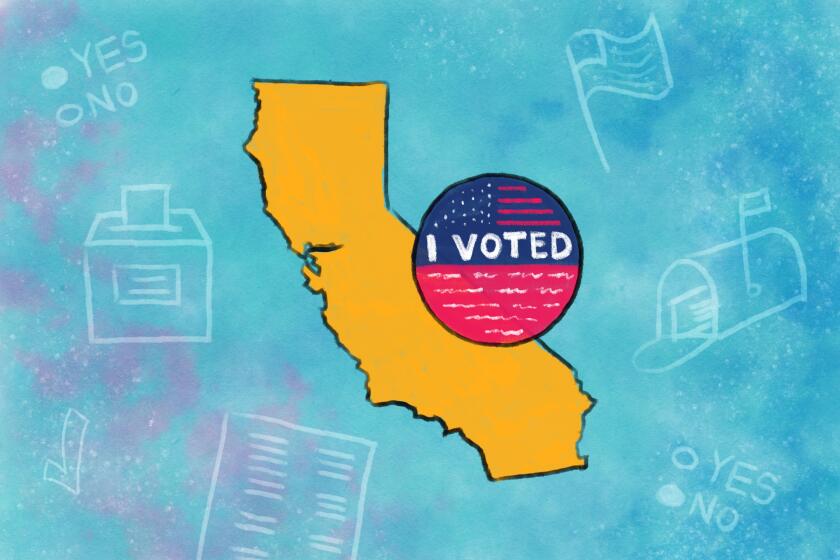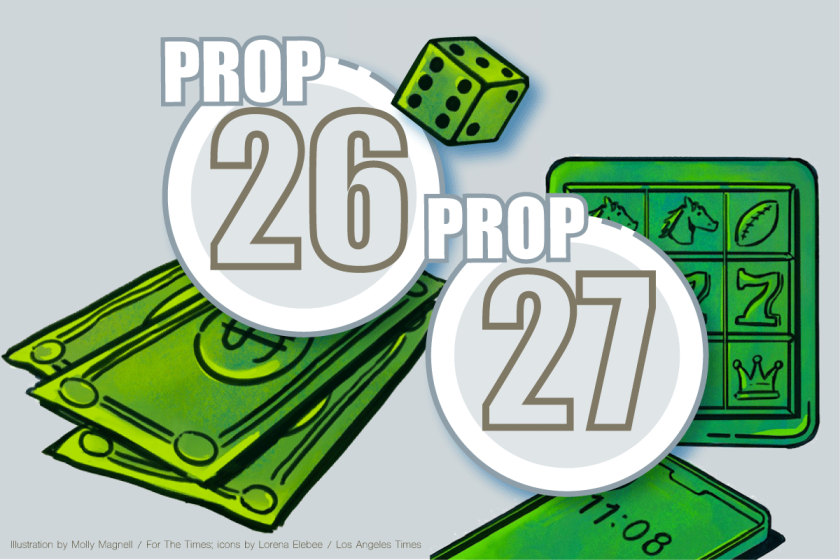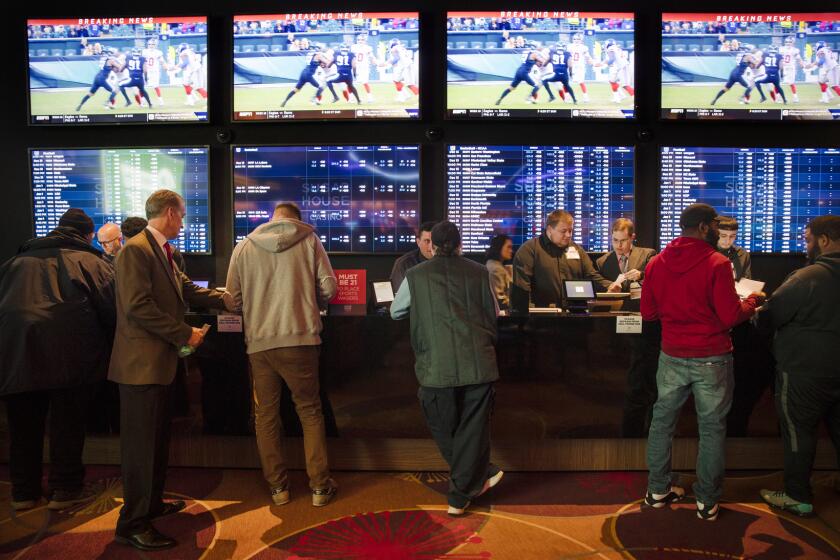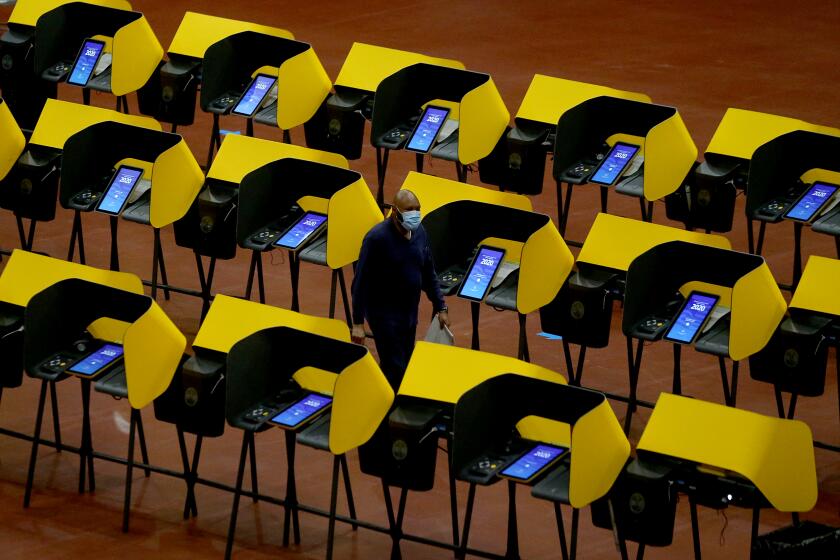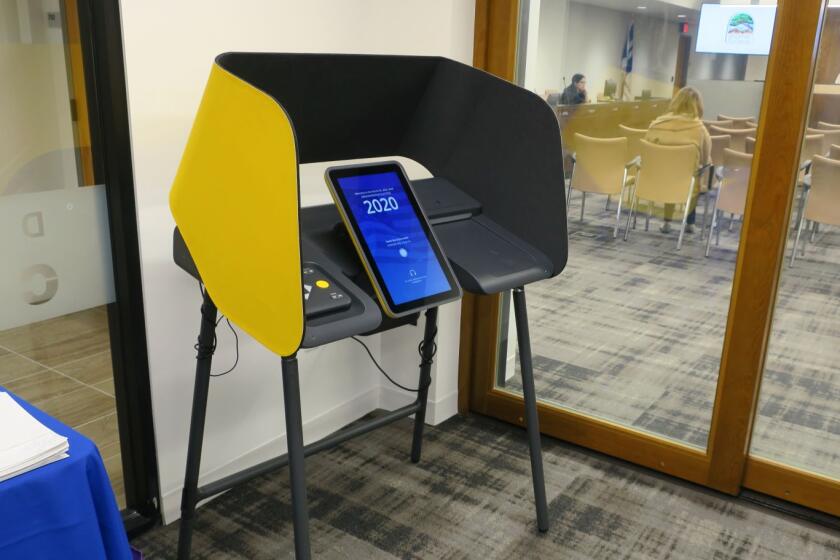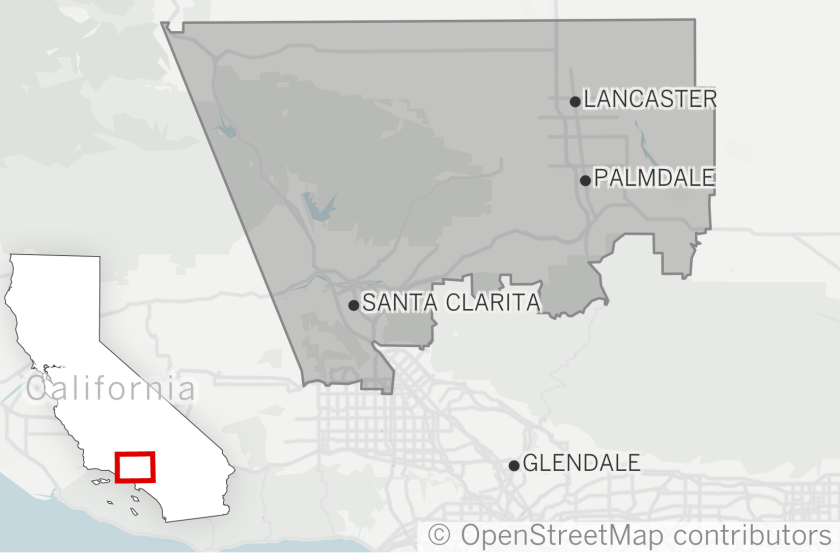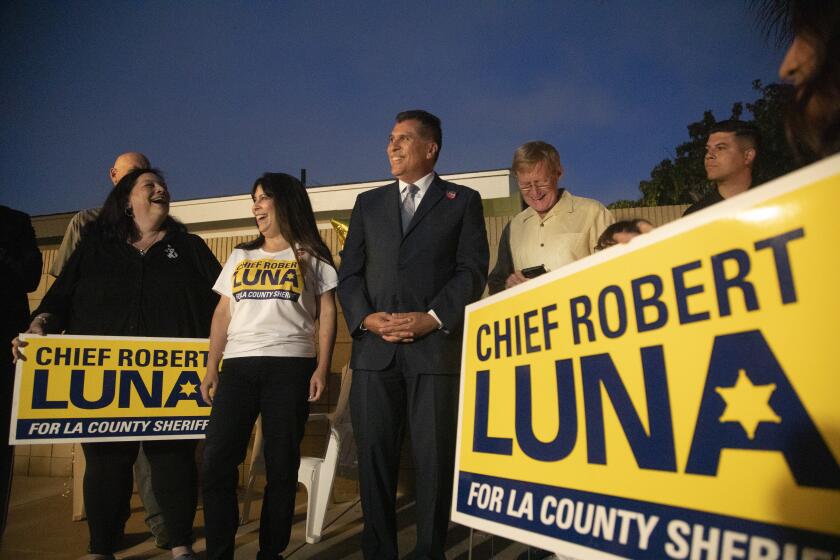Newsletter
Sign up for Essential California
The most important California stories and recommendations in your inbox every morning.
You may occasionally receive promotional content from the Los Angeles Times.
Phil Willon is an assistant editor based in the Sacramento bureau of the Los Angeles Times and guides coverage of California politics and assists with state capital coverage.
Taryn Luna covers Gov. Gavin Newsom and California politics in Sacramento for the Los Angeles Times.
